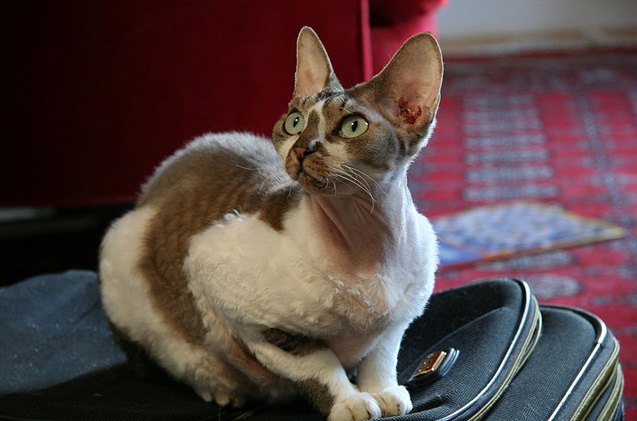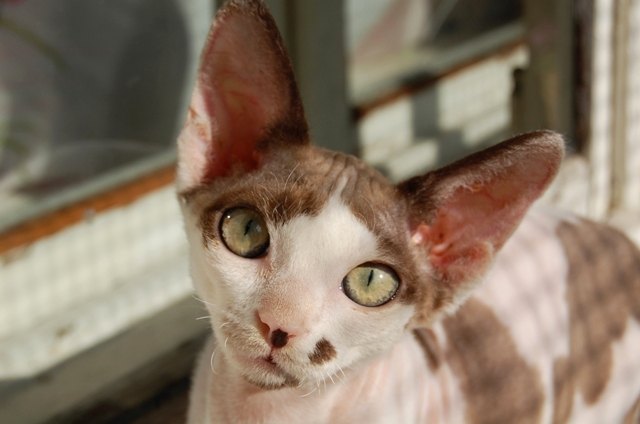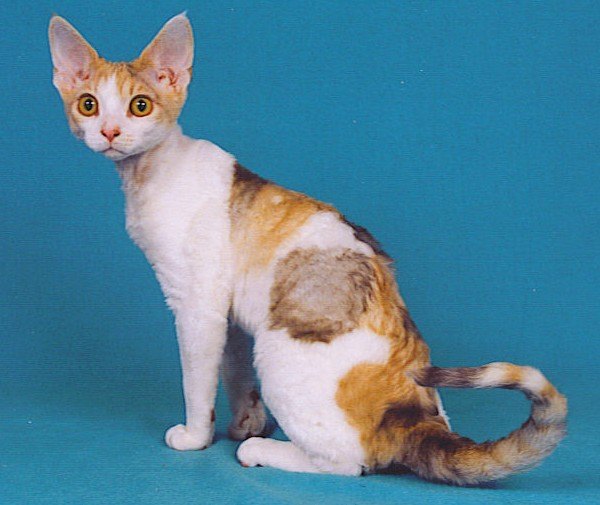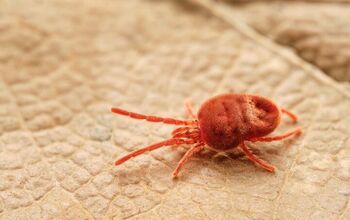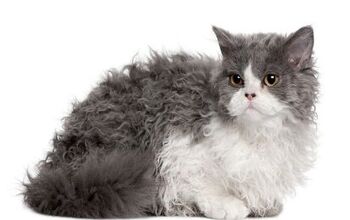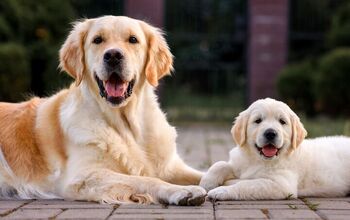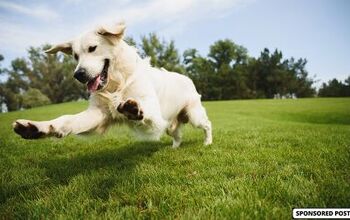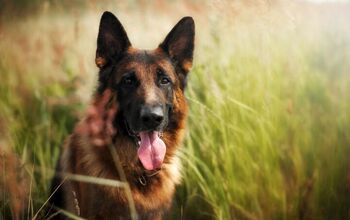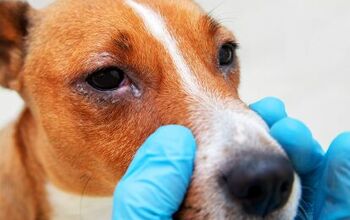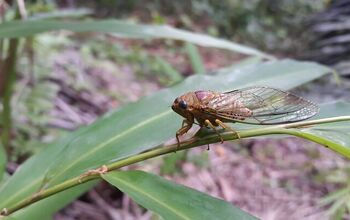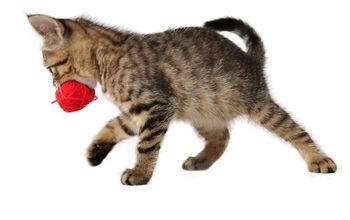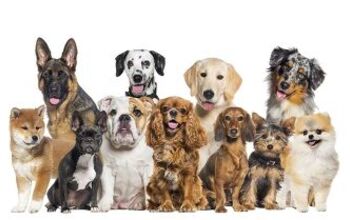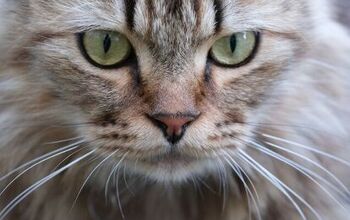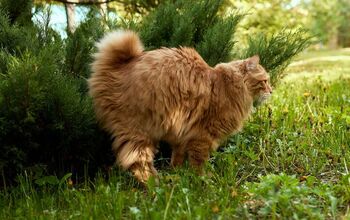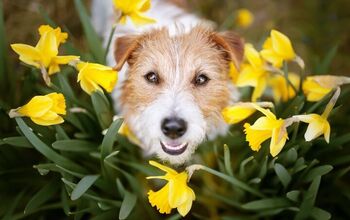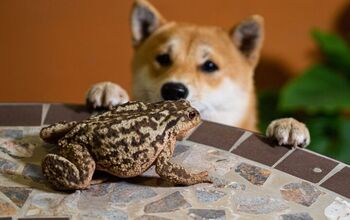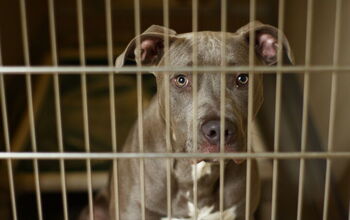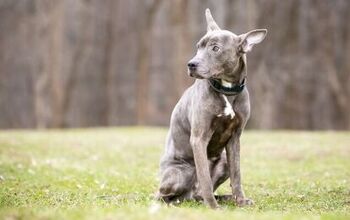Devonshire Rex


About Devonshire Rex
The Devonshire Rex breed originated in Devonshire, England in the late 1950s, and is the result of a natural mutation. A stray tom with a curly coat that lived near an abandoned tin mine impregnated a calico female with a straight coat that belonged to Beryl Cox. When the kittens were born, one brownish-black male had the same short, curly coat. Cox christened him “Kirlee.” Since the gene that produces the curly coat in the Devon is recessive, and therefore must be present in both parents, breeders hypothesize that the calico female and the stray tom were related. Attempts to breed Kirlee with Cornish Rex cats produced only cats with straight coats, which proved the Devon Rex is no relation to the Cornish Rex. A new breeding program was established, and now all Devons can trace their heritage back to Kirlee.
The Devonshire Rex is one of the most fun-loving of all cats.
The Devonshire Rex is one of the most fun-loving of all cats. Intensely loyal and devoted to its humans, you are owned by the Devon, not the other way around. These impish little monkeys want to be with you constantly, and love to perch on their people’s shoulders and supervise, all the while trilling, cooing, and chirping their two cents worth. Devons remain kittenish all their lives, and connect lovingly with every family member present. They do not do well when forced to spend long periods of time without companions, but will happily accept another cat, or dog as their friend when you are forced to be away. Devons are ravenous eaters and are not above helping themselves to your dinner or pleading for food with the heartbreaking skill of a seasoned panhandler.
Devons are mid-sized, strange-looking cats, with huge ears, long skinny necks, and an oddly shaped head with prominent, somewhat jutting features. Their large eyes peer out over a short muzzle studded with curly whiskers. The Devon’s coat may be no thicker than suede, or sprout a wild riot of soft curls.
Devons appear in a wide range of colors including white, black, cream, red, brown, frost, platinum, fawn, chocolate, chestnut, cinnamon, lavender, champagne, and seal. Their coats may be nothing more than a soft layer of fuzz, or they can have wavy, soft curls. All variations have curly whiskers.
Contrary to popular “wisdom,” the Devonshire Rex is not a hypoallergenic cat. They do shed, but much less than other cats. Their coats can change seasonally, and kittens often molt before they are fully grown. Devons with longer, curlier hair will enjoy being brushed. For shorter coats, choose a softer brush to protect the skin or use a chamois cloth. Baths are rarely necessary. Do watch out for those big ears that will need to be cleaned regularly.
Photo credit: Bebopscrx/Wikimedia; John Lester/Flickr

Amy Tokic, Editor of PetGuide.com, is a passionate animal lover and proud pet parent of Oscar, a Shih Tzu/Chihuahua cross, and Zed, a Japanese Chin. Her love of animals began in kindergarten, when she brought her stuffed dog Snoopy into class with her every day. Now, she writes about her adventures in pet ownership and tirelessly researches products, news and health related issues she can share with other animal enthusiasts. In her free time, Amy loves perusing used book and record stores, obsessing over the latest pet products available and chasing squirrels with wild abandon (a habit attributed to spending too much time with her pooches).
More by Amy Tokic



